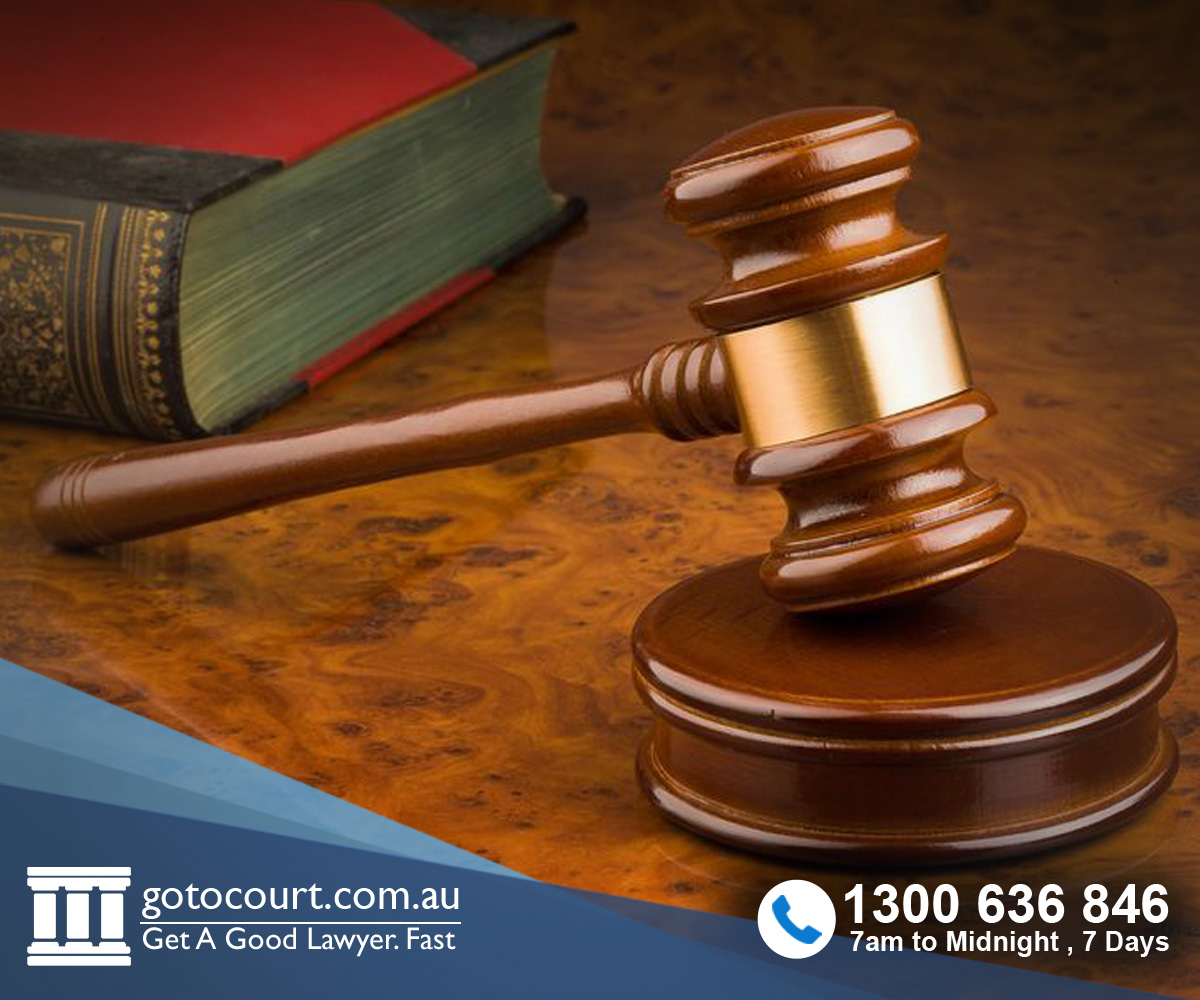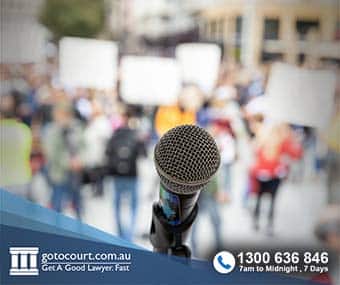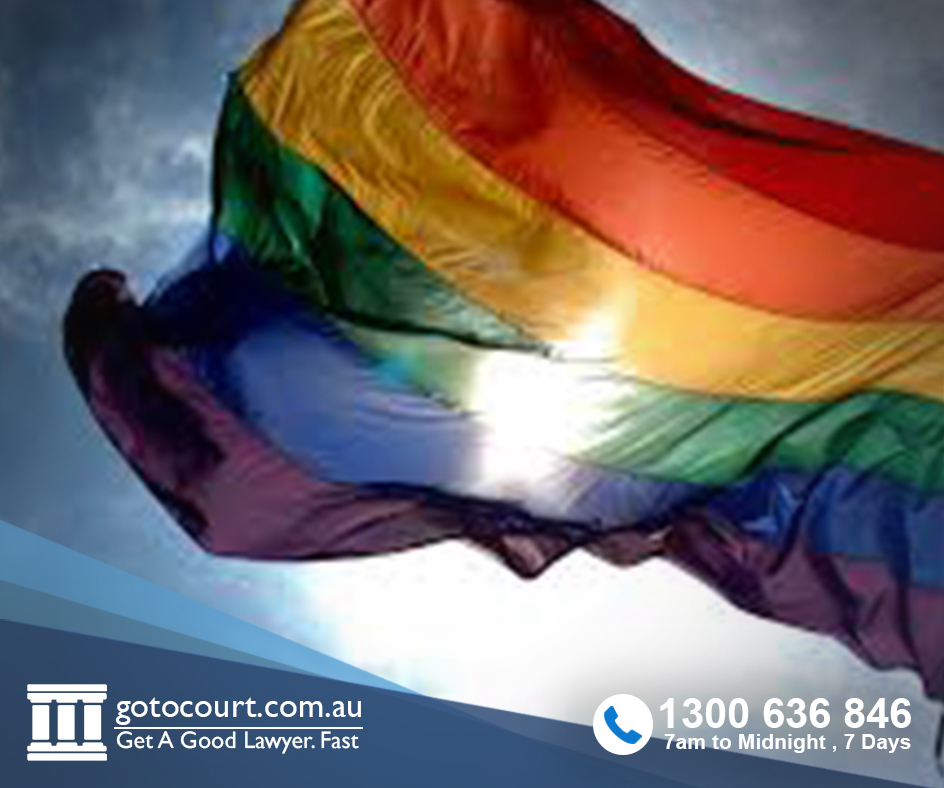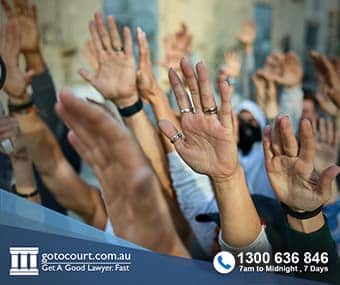LGBTIQ Rights in Queensland
Same sex marriage became legal in Australia on 9 December 2017, with the Marriage Act being amended so that the definition of marriage is now ‘a union of two people’ rather than ‘a union of a man and a woman.’ The change meant that same-sex couples who married overseas now have their marriages recognised by Australia and that people who do not identify as male or female can now marry. But where do LGBTIQ people stand in terms of equal rights in other areas of Australian law? This article summarises the state of LGBTIQ rights in Queensland.
Discrimination
Under Section 7 of the Anti-Discrimination Act 1991, it is prohibited to discriminate against a person on the basis of certain attributes. LGBTIQ rights in Queensland are protected under this legislation as gender identity and sexuality are among the prescribed attributes.
Under the act, it is unlawful to incite hatred towards a person or group on the grounds of their race, religion, sexuality or gender identity (Section 124A). It is also an offence to incite hatred towards a person or group on the basis of their race, religion, sexuality or gender identity in a way that includes threatening or inciting physical harm or harm towards property. This offence carries a maximum penalty of a fine of 70 penalty unit or imprisonment for six months. For a corporation, the maximum penalty is a fine of 350 penalty units.
Queensland does not have a state policy to combat homophobic bullying in schools. Despite widespread lobbying for LGBTIQ rights in Queensland to be safeguarded through the compulsory introduction of the anti-bullying program Safe Schools in all Queensland schools, the program remains voluntary.
Adoption
Same-sex couples can adopt in Queensland since amendments made to the Adoption Act in 2016. Prior to 2016, same-sex couples were unable to adopt but could be foster parents. The law now allows same-sex couples, different-sex couples and single people to adopt.
Fertility treatment
Same-sex couples have the same access to fertility treatment in Queensland as do different-sex couples. Under the Status of Children Act 1978, when a woman conceives a child through a fertilisation procedure with her partner’s consent, the partner is deemed to be the parent of the child. This is the case regardless of the gender of the woman’s partner.
Age of consent
The age of consent stands at 16 in Queensland. This is the same regardless of the gender and sexuality of the participants.
Prior to 2016, the age of consent stood at 16 for oral or vaginal sex, but 18 for anal sex, with a penalty of up to 14 years imprisonment for ‘sodomy’ with a person below that age. This law was changed in 2016, after a long campaign by activists for LGBTIQ rights in Queensland.
Transgender and intersex rights
Since 2016, Queensland has not recorded a person’s sex on their driver’s licence. Previously, changing a person’s sex on their licence required evidence that the person was undergoing gender reassignment. It was not possible to have a person’s sex recorded as anything other than ‘male’ or ‘female.’
In order for a transgender person to have their birth certificate updated with their affirmed sex, they must be over 18, have changed their name and provide two statutory declarations from doctors confirming that they have undergone sexual reassignment surgery. The LGBTIQ community has called for these requirements to be relaxed.
Intersex people do not currently have the right to have their gender recognised on their birth certificate. Around 2 per cent of the population is intersex (ie cannot accurately be categorised as male or female), but the law currently only allows for a baby to be recorded as ‘male’ or ‘female.’ Activists have called for this to be changed in recognition that intersex is a valid biological variation and that intersex people should not be forced into a gender binary.
Historic conviction expungement
On 30 June 2018, Queensland passed legislation allowing men with old criminal records for homosexual sex to have these convictions expunged, which clears the conviction from their criminal record. Premiere Annastacia Palasczuk also made a formal apology to the LGBTIQ community for the historical discriminatory laws.
Consensual homosexual sex ceased to be a criminal offence in Queensland in 1991.
Gay panic defence
In 2017, the notorious ‘gay panic defence’ was abolished in Queensland. Until then, it was a valid defence to a charge of assault or murder to prove that the victim had made unwanted homosexual advances to the accused and that the accused acted in a moment of ‘gay panic.’ The abolition of this outdated defence in 2017 is testament to the progress made in recent years on LGBTIQ rights in Queensland.
If you require legal advice please contact Go To Court Lawyers.








